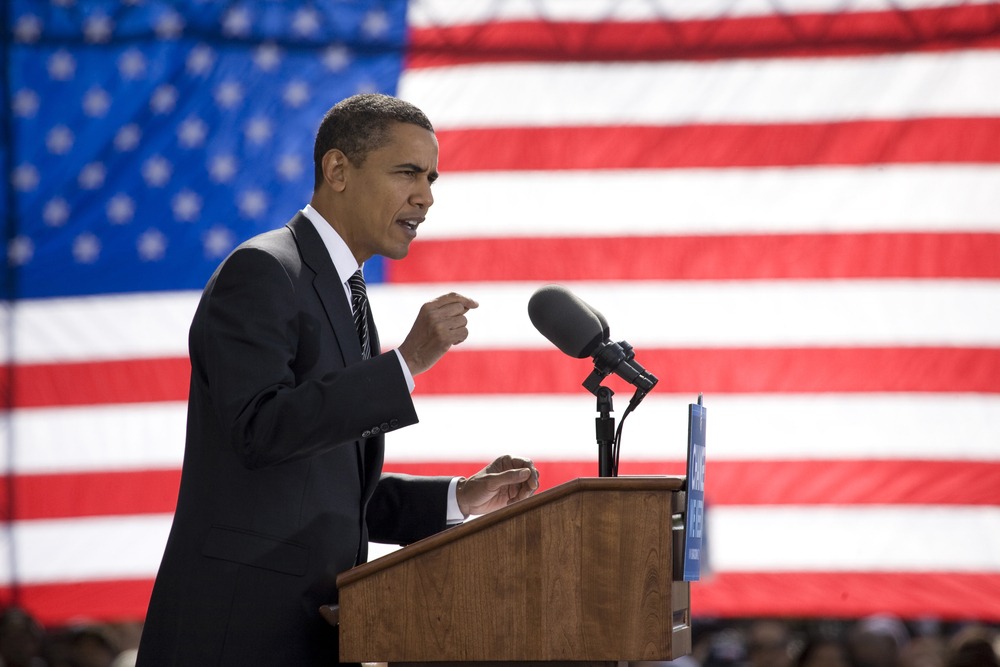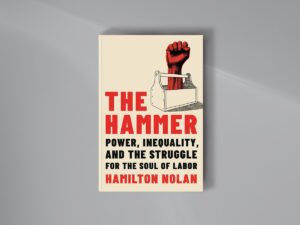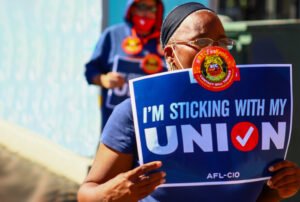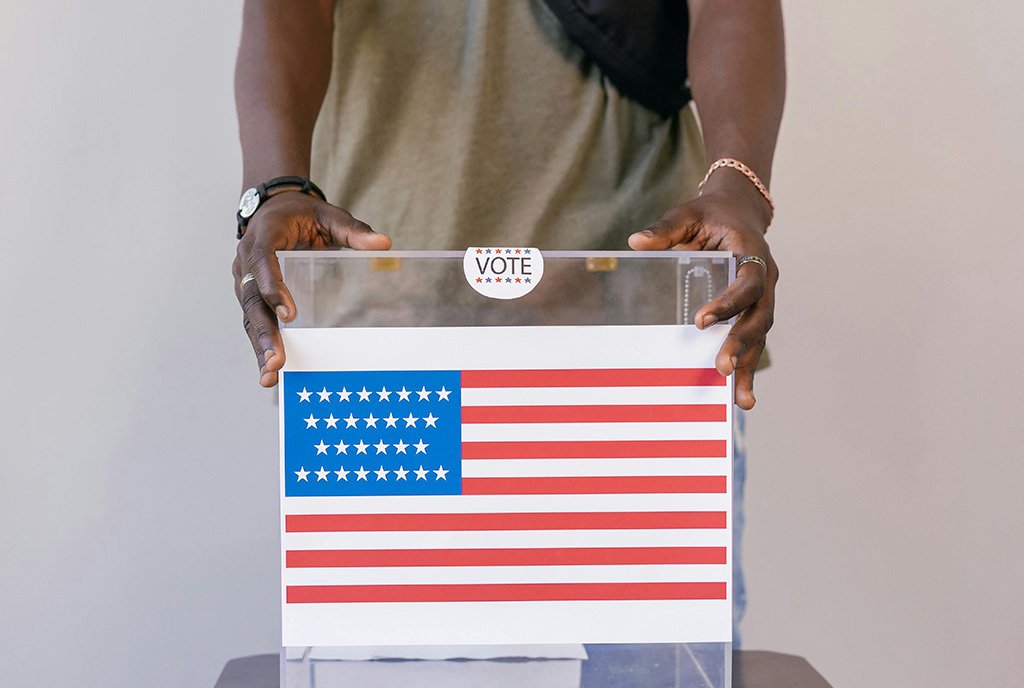
June 19, 2015; Politico
We would not hesitate to suggest that aside from political campaign donors, nonprofits know their local mayors the best. Those mayors largely determine the allocation of general funds, distribute community development block grant (CDBG) dollars, oversee municipal human services and health departments, direct parks and recreation departments, and do so much more that is part of the everyday lives of community-based nonprofits and their constituents and stakeholders.
At the local government level, the distinction between Republican mayors and Democratic mayors is frequently difficult to discern. Republican mayors argue with their congressional delegations trying to avoid budget cuts in programs such as CDBG, and Democratic mayors get pressured by the White House to endorse the Trans-Pacific Partnership and fast-track trade negotiating authority. The theory is that mayors don’t have the luxury of playing with Capitol Hill ideological bents. They simply have to get things done, like making sure the snow is plowed, the garbage collected, and the like.
That seems to be the modus operandi most admired by the current occupant of the White House, at least in the last two years of his presidency. “More than just about any other office in the land, those who occupy the office of mayor are approaching it in a practical way,” President Barack Obama told the bipartisan membership of the U.S. Conference of Mayors last week. “Mayors understand that if there’s a conflict between ideology and reality, you should opt for reality.”
The Obama administration is increasingly pointing to the adoption by local government of Obama-promoted policies that are going nowhere on Capitol Hill, including the number of cities (and states) that have raised the minimum wage, implemented paid leave, initiated parts of the My Brother’s Keeper agenda, and, in Democratic Seattle and Republican Indianapolis, announced plans for universal Pre-K education.
This may not be an entirely original turn on the part of the POTUS. In 2013, political theorist Benjamin Barber began proselytizing around the themes of his new book, If Mayors Ruled the World: Dysfunctional Nations, Rising Cities. As Sam Roberts put it in his review of Barber’s book, Barber’s thesis is that “modern cities are the incubators for problem-solving while national governments are doomed to failure.”
Sign up for our free newsletters
Subscribe to NPQ's newsletters to have our top stories delivered directly to your inbox.
By signing up, you agree to our privacy policy and terms of use, and to receive messages from NPQ and our partners.
“Because they are inclined naturally to collaboration and interdependence, cities harbor hope,” Barber himself writes. Barber specifically proposes a global parliament of mayors, maybe akin to a Hanseatic League for the 21st century, and is not surprisingly heading a Global Parliament of Mayors Project, with membership available to cities with populations of 250,000 or more. Three planning meetings have already occurred for the GPM—one in Seoul, sponsored by CityNet, an Asian city network; one in New York under the auspices of former mayor Michael Bloomberg’s CityLab; and a third in Amsterdam. According to a press release, the inaugural convening of the Global Parliament of Mayors will be held sometime in 2016, in partnership with George Ferguson, the mayor of Bristol, and Tom Cochran, the CEO of the U.S. Conference of Mayors.
This all might be just so much foofaraw, not to be taken all that seriously except among professional thinkers who, as the Wizard of Oz told the Scarecrow, “think deep thoughts…with no more brains than you have.” However, there is some momentum and presumably funding. Barber has attracted the ubiquitous Richard Florida, author of The Rise of the Creative Class and Cities and the Creative Class, to co-author some GPM manifestos explaining the breadth and depth of the parliament concept. (Don Tapscott of Global Solutions Network is a third co-author.)
At the Conference of Mayors meeting, President Obama was showered with encomiums from participants as diverse as Mick Cornett, the Republican occupant of City Hall in Oklahoma City, and Kevin Johnson, the Democratic mayor of Sacramento (and spouse of education reformer Michelle Rhee). Atlanta’s Kasim Reed and Philadelphia’s Michael Nutter intimated that there has been a high level of engagement between the mayors and President Obama, “conference call after conference call with Obama and his staff” to get things done. Members of Congress might wish they had had similar interaction with the president.
In Barber’s TED talk on mayors ruling the world, he similarly lauded a diversity of mayors, including former Newark mayor Cory Booker, the late Ed Koch, London’s libertarian Boris Johnson, Jerusalem’s Teddy Kollek, and both Nutter and Bloomberg. Maybe Barack Obama, leaving office as still quite a young man and presenting himself as a more bipartisan or perhaps non-partisan get-it-done pragmatist, might have a follow-up act to try in being the president of mayors, or the mayor of mayors.
Just tell Barber to refrain at the GPM inaugural this fall from referring to mayors as “what I like to call homeboys, or to include the women mayors, homies” as he did in his TED talk. It might indicate that he’s been hanging out comfortably with the so-called “creative class,” but he might not have had much experience in interacting with regular people who happen to inhabit cities outside of galleries, salons, penthouses, and the rarified airs of academic seminars.—Rick Cohen
Update: Since this piece was written, the inaugural convening of the Global Parliament of Mayors, originally planned for October 23rd and 24th, 2015, in London and Bristol in the UK, has been postponed and relocated to an as-yet-undetermined date and place in 2016. The article above has been altered to reflect this.













